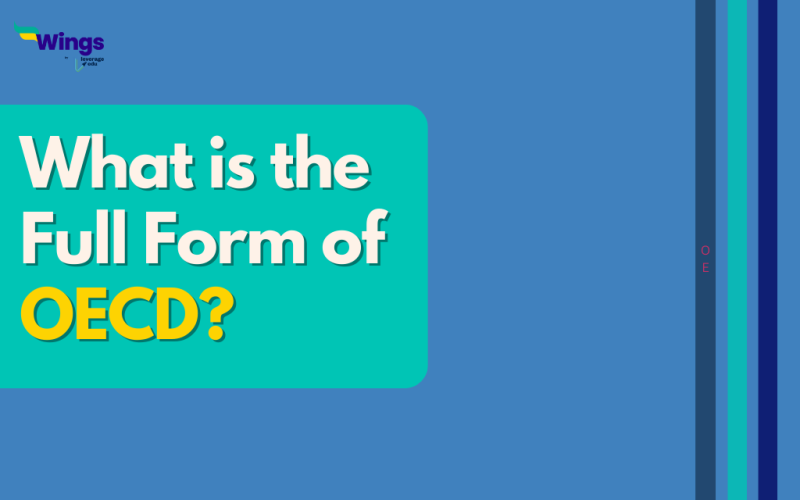The full form of OECD is “Organisation for Economic Co-operation and Development.” Established in 1961, this international organization has its headquarters in Paris, France. Comprising 38 member countries, including some of the world’s most economically advanced nations, the OECD serves as a platform for collaboration, research, and policymaking on a wide range of economic and social issues.
History of OECD
Table of Contents [show]
The OECD’s origins can be traced back to the aftermath of World War II. In the wake of the war, nations recognized the need for economic cooperation and the promotion of policies that could foster economic recovery and growth. This realization led to the creation of the Organisation for European Economic Co-operation (OEEC) in 1948. The OEEC’s primary mission was to administer the Marshall Plan, an ambitious initiative designed to aid post-war European recovery.
In 1961, the OEEC evolved into the OECD, expanding its focus beyond Europe to include nations from around the world. Today, the OECD has a truly global reach, with member countries hailing from North and South America, Europe, Asia, and the Pacific region.
Functions of OECD
The OECD fulfils several crucial functions that make it a linchpin in the world of economic cooperation and development:
1. Policy Analysis and Research: One of the OECD’s primary roles is to conduct in-depth research and analysis on economic and social issues. Its reports and publications are highly regarded globally and serve as valuable resources for policymakers, researchers, and businesses.
2. Economic Policy Recommendations: The OECD provides policy recommendations to member and non-member countries alike. These recommendations are based on extensive research and aim to improve economic growth, social well-being, and environmental sustainability.
3. Data Collection and Standardization: The OECD is a treasure trove of economic data. It collects and publishes statistics on a wide range of economic indicators, allowing for cross-country comparisons and informed decision-making.
4. Multilateral Cooperation: Member countries collaborate within the OECD to address common challenges, such as taxation, education, healthcare, and environmental sustainability. The organization provides a forum for sharing best practices and coordinating policies.
5. Global Outreach: The OECD engages with non-member countries and organizations to promote its core values of democracy, market economy, and sustainable development worldwide. It serves as a hub for dialogue on global economic and social issues.
You may also read
What is the Full Form of LOGO?
For more abbreviations like this, you can check out our 300+ full-form list.
 One app for all your study abroad needs
One app for all your study abroad needs















 45,000+ students trusted us with their dreams. Take the first step today!
45,000+ students trusted us with their dreams. Take the first step today!
